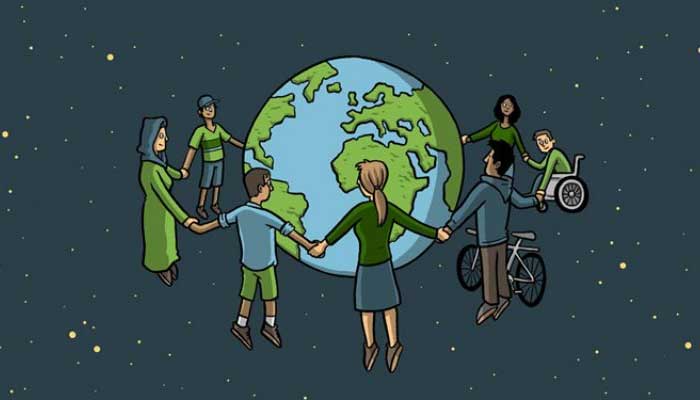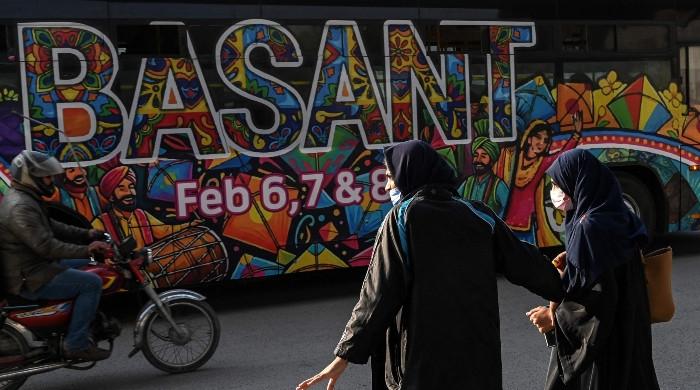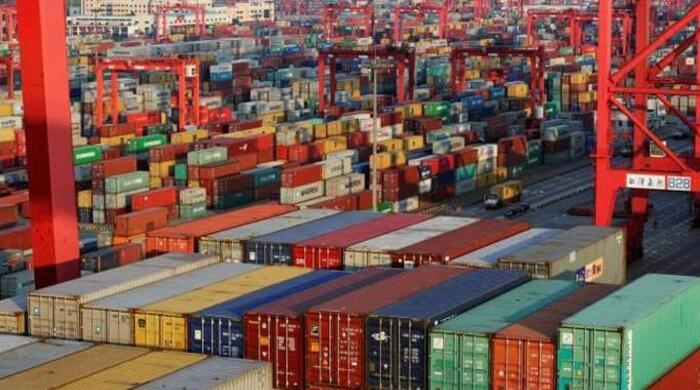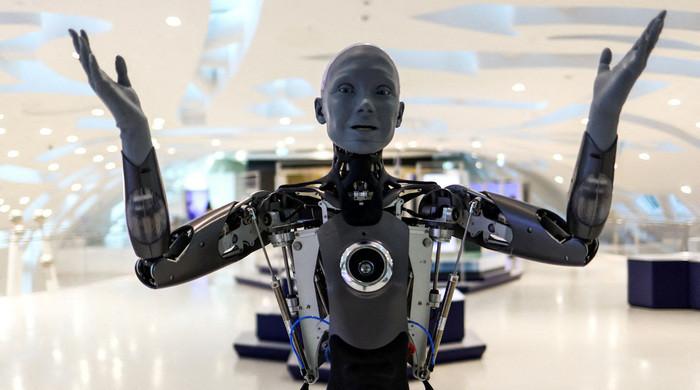Together yet apart
One wonders how many floods, melting glaciers and pandemics it takes for the most hardened populist to realise that there is no hiding from “together” any longer.
October 02, 2021

It’s a cliché to say that the Tokyo Olympics and Paralympics were “games like no other”, thanks to the pandemic.
It was bizarre to see arenas built for large crowds filled sparsely, if at all. The isolation and distancing that COVID-19 has forced upon us all apparently made the International Olympic Committee do a rethink of its old slogan, “Faster, Higher, Stronger”. The new slogan states, “Faster, Higher, Stronger – Together”.
“Together” is perhaps the key word of our times; it is certainly at the crux of many of our current paradoxes. We learned how being together, which was once an assumption, is quite a fragile construct.
We had to remain apart to survive; the effects of this prolonged atomisation on everything from education to mental health are still yet to be fully understood.
We live together in multiracial and multi faith societies, but thanks to extremism of varying types, we also separate. We are together in a global economy and ecosystem, yet we are apart due to inequality and narrow self-interest.
Perhaps the most pertinent recent example of this paradox was the decision by the British government to cut its foreign aid budget. It backtracked on its previous commitment to invest 0.7% of gross national income to 0.5%. Even some Conservative MPs balked at this because this reduction could have real world impacts: a reduction in aid may mean people go hungry, suffer disease, and die.
Yet the government did it anyway, ostensibly to invest in “domestic projects”.
One must wonder at the thought process in play with this decision: we have just experienced a global pandemic. A virus which emerges in China spreads across the globe within a matter of weeks. We all suffer the effects. The global economy sputters and shuts down. We praise the scientific miracle of the vaccines, but some nations fail to recognise that until the pandemic is tackled everywhere, it is less likely to end in a timely way.
The pandemic is not the only challenge we face. We also all see the effects of climate change: devastating floods in Belgium, Germany and New York, heatwaves in unexpected places in North America, the fact that Jacobabad recently experienced temperatures hotter than the human body can withstand, show that we are slowly boiling due to our collective irresponsibility. There is very little that the nation state can do on its own.
Perhaps human beings lack the necessary survival instincts or common sense to coalesce in order to make ourselves more resilient.
We see populist, far right movements take root across the Western world which rail against the very notion of “together”. “Make America Great Again”, for example, is an implicitly exclusionary motto: the suggestion behind it was that America was great before it received an influx of migrants, rather, it was better when it could exist in isolation.
In France, we see forces like Marine Le Pen’s party also work according to exclusionary, isolationist creeds. In Hungary, the government of Victor Orban adheres to a similarly particularistic ideology. One wonders how many floods, melting glaciers and pandemics it takes for the most hardened populist to realise that there is no hiding from “together” any longer. One may wish for a past in which the tides could be turned back: but that era, if it ever truly existed, is long gone.
A better future beckons if we can emerge from our present morass. If we work together, and provided that the likes of say, Jeff Bezos, were more interested in “together” than separating themselves by going into outer space, we could pay to vaccinate the planet several times over.
If nations were more interested in saying climate change was their problem rather than someone else’s, we could de-carbonise the global economy. If we were interested in “together”, societies could tackle the real, complex problems which they face rather than blame them on a particular minority which is a long road to nowhere. Take Brexit: Britain has done it, out of a sense of being less “together”. This has created political issues in Northern Ireland, disruption to trade, and poisoned politics: it may very well lead to the country’s break-up into its constituent nations. Is anyone apart from a few demagogues happy about these results?
The Olympics and Paralympics are often criticised for their expense, some of its peculiar management techniques, the odd scent emanating from some of the bidding processes. However, they may have unintentionally surfaced a vital concept with their new slogan. “Together” as an assumption is perhaps now dead. Together as a virtue should be proclaimed and celebrated everywhere. It is also the way that we build a better world.
The author is a solicitor in England. She tweets at @shahjhan_malikk











